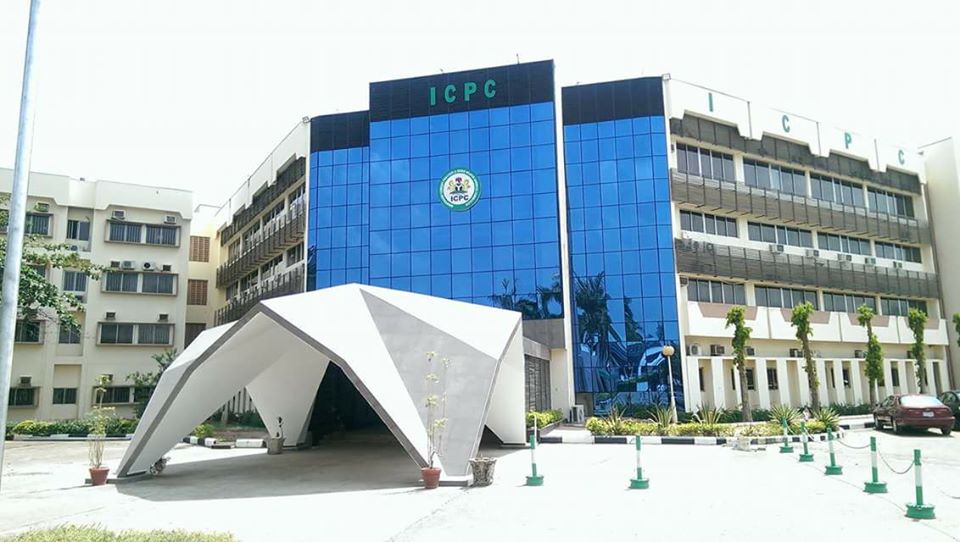Nigeria`s success in its quest for a corruption-free society hinges on its ability to install systems that foster and facilitate transparency and accountability in its economic and political life.
A few innovations have been introduced in this regard which have been quite impactful in the specific sectors they have been applied. Some of these are:
Integrated Payroll and Personnel Information System (IPPIS):
This is an initiative of the Federal Government where the biometrics of its employees are captured in a centralized payment system in order to promote efficiency in the storage of personnel records and weed out ghost workers. The Federal Ministry of Finance, the anchor of this initiative is in collaboration with ICPC to prosecute culprits that have been identified as a fall-out of the exercise.
Government Integrated Financial Management Information System (GIFMIS):
This is an IT-based system for budget management and accounting that is being implemented by the Federal Government to improve the Public Expenditure Management Process and enhance accountability and transparency across Ministries, Departments and Agencies.
Electronic Card Reader:
This was introduced by the Independent Electoral Commission (INEC) as a measure to minimize or curb electoral fraud in the country. It involves the capture of a voter’s biometric information and the verification of that information by a machine before the person is allowed to vote.
Against this backdrop, the CBN`s introduction of the Bank Verification Number (BVN) is an addition to this list of mechanisms meant to promote transparency. The BVN initiative is expected to lead ultimately to a cleaner and low-scam environment for financial transactions in the country. It will also help anti-corruption agencies in tracing or tracking scammers and/or their bank accounts.
The importance of these innovations informs the decision of BBC to make the subject of one of its recent reports: “Nigeria crackdown on fake bank accounts” see link http://www.bbc.com/news/world-africa-34676426


